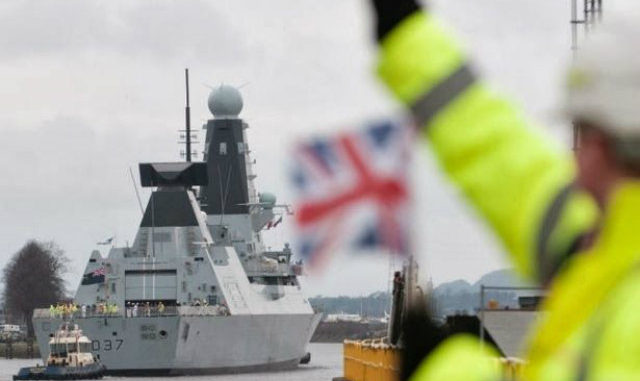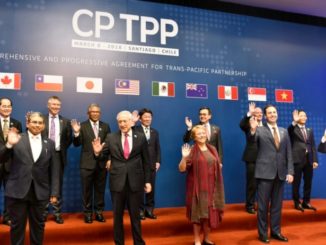
LONDON – The Royal Navy seems to be copying some of its Latin American peers. In effect the shortage of spares for Royal Navy warships and submarines has forced the Ministry of Defense (MoD) to strip parts from the rest of the fleet, the National Audit Office (NAO) has found.
An NAO investigation found equipment “cannibalization” had increased by 49% over the past five years. The spending watchdog warned that the practice was costing the MoD millions of pounds and delayed construction.
The MoD said components were only swapped when “absolutely necessary”.
Currently, the Navy has 19 frigates and destroyers and seven attack submarines – but at times they lack the spare parts they need to go to sea. NAO said building the third Astute class submarine, HMS Artful, was delayed by 42 days because parts were taken during its construction – adding nearly £5m to the overall cost.
The vessel, built in Barrow in Cumbria, completed its maiden dive in 2014.
NAO found that, last year, there were 795 instances when spare parts had to be removed from one vessel and given to another – the equivalent of 66 a month, up from 30 a month in 2005.
Between April 2012 and March 2017, there were 3,230 instances involving 6,378 parts, their investigation found. The NAO report noted that in some circumstances, such as during high-intensity operations, cannibalisation could be the most effective way to keep vessels at sea.
But it said it also increased costs. NAO said the MoD itself had identified that cannibalization had affected submarines currently in production “leading to an estimated £40m cost increase”.
The watchdog said cuts to the maritime support budget, along with the MoD’s failure to monitor the practice, had exacerbated the problem.“In the past two years, the Navy has removed an estimated £92m from its maritime support in-year budgets,” the report said.
A Ministry of Defense spokesman said: “Less than 0.5% of parts we use come from swapping components, and we only do this when it’s absolutely necessary to get ships out of port and back on to operations more quickly. We continue to make improvements to how we manage this long-established practice.”—MercoPress



